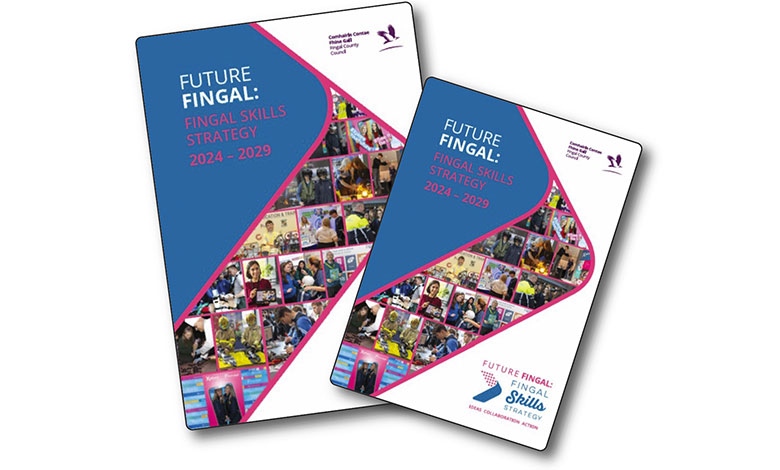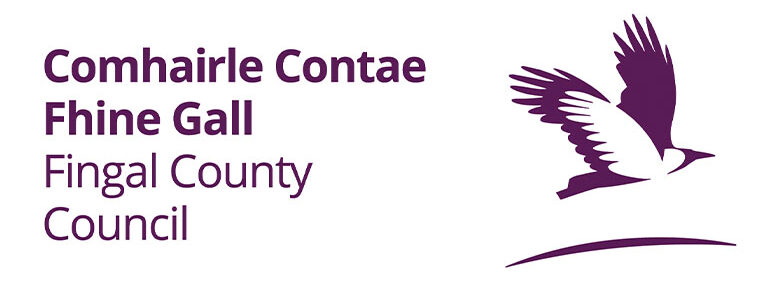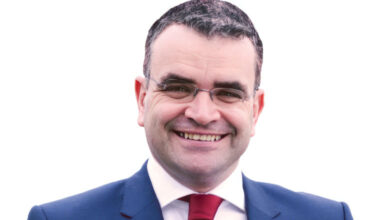Unique skills strategy increases Fingal’s economic attractiveness
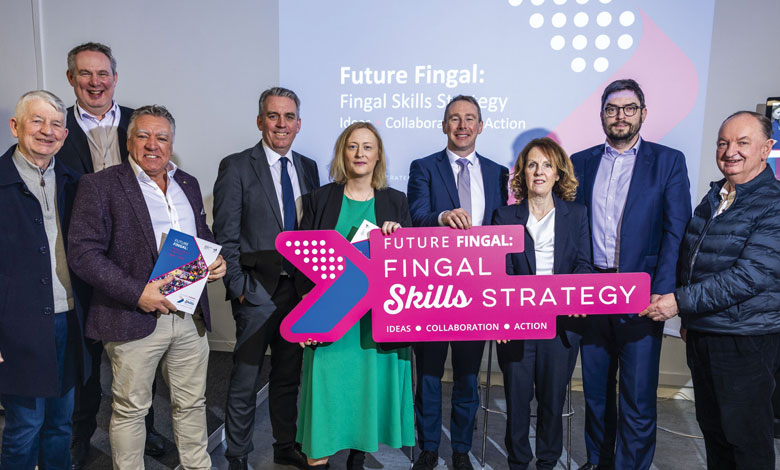
With its strategic location, strong population growth, and diverse economic base, Fingal is a key driver of the Irish economy with a highly skilled and experienced workforce that supports both local and multinational companies.
In 2024, Fingal County Council adopted Future Fingal: An Economic Development Strategy which looks to develop the Fingal economy out to 2040. It highlighted the need for skills development to meet the challenges facing the Fingal economy. Having already launched, in 2019, the first cross-sector skills strategy developed at a local level in Ireland, Fingal already had a range of recommendations and actions in place to grow the skills of the workforce in Fingal, benefitting both citizens and employers.
Through the Skills Strategy Implementation Group, which was set up in 2021, Fingal County Council worked with local stakeholders to identify key sectors and potential skill shortages that may emerge in Fingal before seeking opportunities to address these skills shortages by working in partnerships with industry and the education sector.
The key sectors identified in Fingal are:
- construction;
- green skills;
- services/hospitality;
- transport and logistics;
- pharma; and
- agri food.
In February 2025, the second iteration of the Fingal Skills Strategy was launched at an event in Baldoyle Training Centre which was attended by Councillors, MEPs, Oireachtas members and representatives from private business as well as the education and training sector.
The new strategy, which is called Future Fingal: Fingal Skills Strategy 2024-2029, is more focused than the first strategy as it looks to directly address workforce needs, enhance business opportunities, and strengthen Fingal’s position as a leading economic hub according to John Quinlivan, Director of Economic Enterprise and Cultural Development with Fingal County Council.
“By identifying key sectoral needs and forecasting existing and future skills gaps, the Fingal Skills Strategy seeks to ensure that businesses, particularly SMEs, have access to a highly skilled workforce. The Strategy also encourages innovation, support for entrepreneurship, and adaptability, by focusing on the importance of transversal skills, supporting lifelong learning, and identifying the skills needed to keep pace with evolving digital and green economy trends,” says Quinlivan.
The latest iteration of the Fingal Skills Strategy builds on the successes of the original by incorporating European good practices from participation in the Interreg SKYLA Project which address local challenges and the evolving skills needs of the county. It also seeks to address global challenges, harness technological advancements, and tackle skills shortages, ensuring the county remains competitive and prepared for the future.
A key focus is how Fingal can enable the transition to a green economy. The strategy recognises that key sectors must adapt to new sustainability regulations, climate targets, and consumer demands for eco-friendly practices. To support this shift, the Strategy’s stakeholders are keen to integrate green skills into Further Education and Higher Education training programmes, apprenticeships, and progress industry collaborations to ensure employers and employees are prepared for a low-carbon future.
The Mayor of Fingal, Councillor Brian McDonagh, who launched the new strategy, added that residents of Fingal will benefit from meaningful and future-ready employment opportunities closer to home.
“The strategy sets out an ambitious vision for the future of skills development in Fingal, empowering our citizens to reach their full potential and contribute to our vibrant and dynamic county. It also looks at ways to support labour market participation by removing barriers, such as childcare and transport, to provide a more inclusive work environment in Fingal. We want to continue to work in partnership with our Skills Strategy stakeholders to ensure that we have the right people for the right jobs in Fingal.”
The Fingal Skills Strategy 2024-2029 was developed by Fingal County Council in collaboration with the Skills Strategy Implementation Group (SSIG) which includes business and industrial stakeholders as well as education and training providers such as Dublin and Dún Laoghaire Education and Training Board (DDLETB), City of Dublin Education and Training Board (CDETB), Dublin City University (DCU), Technological University Dublin (TUD), Fingal Skillnet, Dublin Regional Skills Forum (DRSF), and the Skills and Labour Market Research Unit (SLMRU) in SOLAS.
According to the Chief Executive of Fingal County Council, AnnMarie Farrelly, having the right partners is the key to ensuring a successful implementation of the strategy.
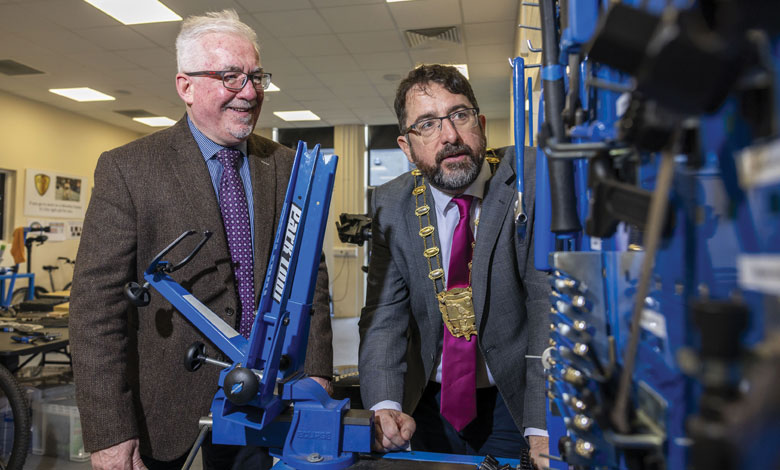
“Fingal has supported the development of a strong collaborative working relationship between industry and academia to address the existing and future skills needs in the county and ensure that Fingal is a prime location to invest and grow a business in with a strong pipeline of talent,” says Farrelly.
That commitment was evident in the successes delivered in the first Skills Strategy which saw groups being set up to review the skills requirements in each of the prioritised sectors. In transport and logistics, for example, a need was identified for customs agents to deal with the extra paperwork created by Brexit and the result was the successful roll out of suitable courses by the Dublin and Dún Laoghaire Education Training Board.
The first strategy also paved the way for the Xplore Your Future TY Expo which is an annual interactive event designed to help Transition Year students explore different career possibilities which they may not have considered before and meet and talk with young people already on these career paths for inspiration.
The development of the Fingal Skills Strategy has included consultations with stakeholders such as employers, education and training providers, and trade unions to identify skills gaps and forecast future needs. The Council hopes that participation in the Interreg Project SKYLA will raise awareness of available skills supports and provision; promote in-work progression through life-long learning, upskilling and reskilling; and unlocking a wider talent pool by improving labour market participation.
By broadening the skills base and promoting flexible learning options, the Strategy aims to equip the local population with the necessary skills to pursue rewarding careers and contribute to the long-term success of the Fingal economy.
For more information on the Fingal Skills Strategy 2024-2029 go to:
Web: www.fingal.ie/fingal-skills-strategy
Or contact Alison Foster, Fingal County Council, Economic, Enterprise, Tourism and Cultural Department.
Email: alison.foster@fingal.ie
Tel: 01-8905000

